The world famous collection of Indian miniature paintings assembled by Nanalal Chamanlal Mehta represents most of the schools and wide range of themes from 16th to 19th centuries. In the present Volume the author has covered illustrated Jaina Manuscript paintings which are published for the first time along with the early Gita Govinda illustrated folios. The Chaurapanchasika paintings based on the 11th century poet, Bilhana's 50 verses, are the piece de resistance.
ABOUT THE AUTHOR Kapila Vatsyayan
Kapila Vatsyayan artist and art historian is internationally acknowledged as the pioneer of evolving alternate models of research for establishing inter and intra-relationship of different domains of knowledge and creativity. Her own work moves from a deep understanding of the primary textual sources of the East and West, principally Sanskrit and English, and a direct experience of the arts as performer. It focuses attention on the inter relationship of the concept and creative interpretation in architecture, sculpture, painting, music, and dance. The kinetic image enables her to delve deeper into the textual and oral sources and the fundamental metaphysics which govern form and structure of the arts. She has convincingly drawn attention to the sacred geometry which pervades all the Indian arts. As visualiser of the conceptual plan of the Indira Gandhi National Centre for the Arts, she leaps across many disciplines, questions the conventional boundaries and finally establishes several bridges of communication between traditional thought and modern science. This has resulted in many multi-disciplinary studies of space and time, nature and culture, man and society, chaos and order. Her holistic integral vision is explicit in the volumes she has edited on these subjects. Her first work, Classical Indian Dance in Literature and the Arts, is a milestone by experts the world over. This work was followed by many others including the definitive study of Dance in Indian Painting, The Theoretical Basis of Asian Aesthetic Traditions; Traditional Indian Theatre: Multiple Streams; six volumes on Gita Govinda; Bharata and the Natyasastra; and the Square and the Circle of the Indian Arts. She has edited the volumes on Concepts of Space: Ancient and Modern and Concepts of Time: Ancient and Modern published by the Indira Gandhi National Centre for the Arts, New Delhi.
ABOUT THE AUTHOR Ratan Parimoo
Prof. Ratan Parimoo is a noted art historian and critic and art teacher who has specialized in traditional and contemporary arts of India. He was Head of the Department of Art History & Aesthetics from 1966 to 1991 at the Maharaja Sayajirao University of Baroda. As a Commonwealth scholar, Prof. Parimoo studied History of European Art at the Courtauld Institute of Art, University of London (1960-63). He received the Rockfeller Grant to study in the USA in 1974. He was invited to participate in the twenty third World congress of the International Society of Education through Art, held in Autralia in 1968.He is the editor of the encyclopaedic critical anthology Creative Arts in Modern India. In 2010 he edited “Historical Development of Contemporary Indian Art 1880-1947.” His publications include Paintings of the three Tagores: Abanindranath, Gaganendranath and Rabindranath; Studies in Modern Indian Art; Sculptures of Sheshasayi Vishnu; and Essays on New Art History: Studies in Indian Sculpture. He is also an eminent painter.

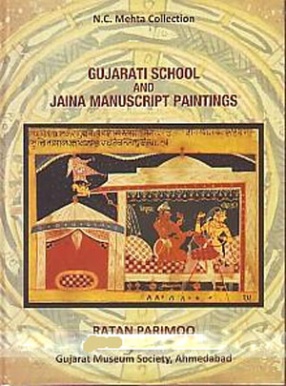
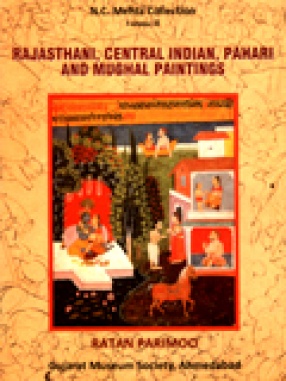
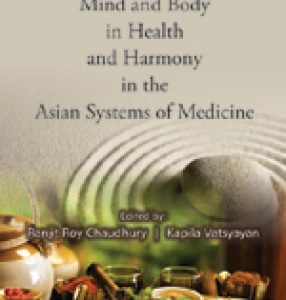
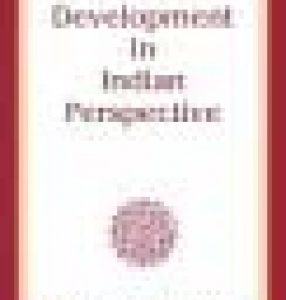

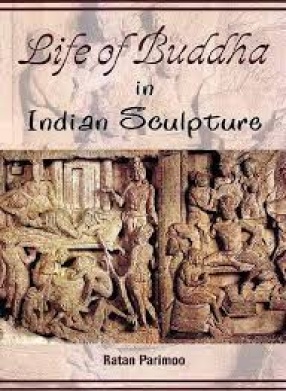
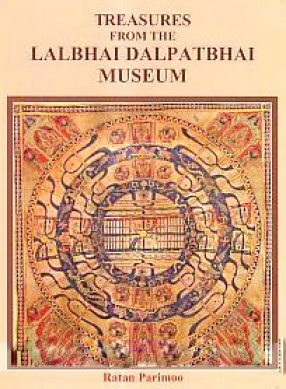
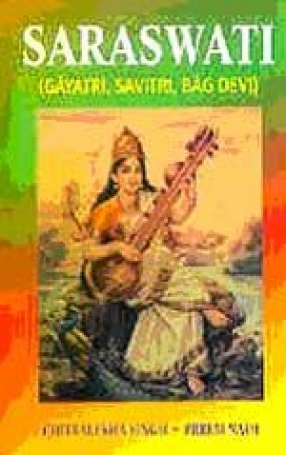

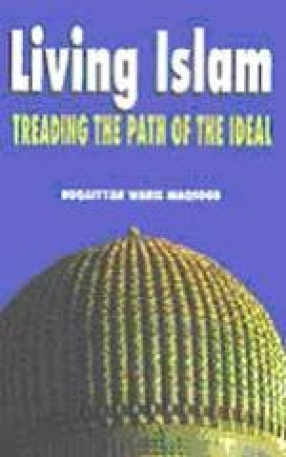
There are no reviews yet.